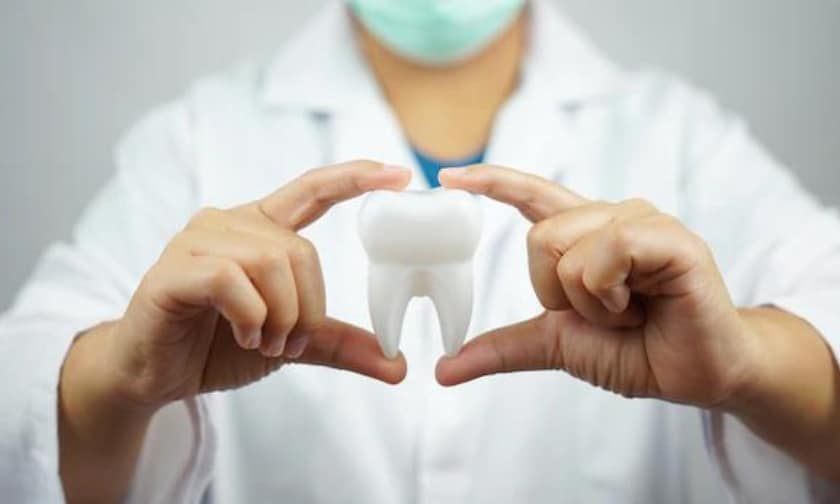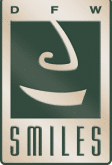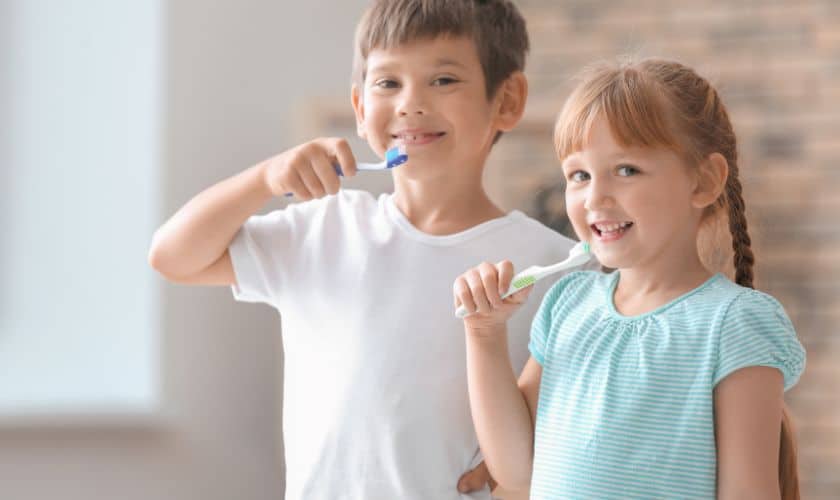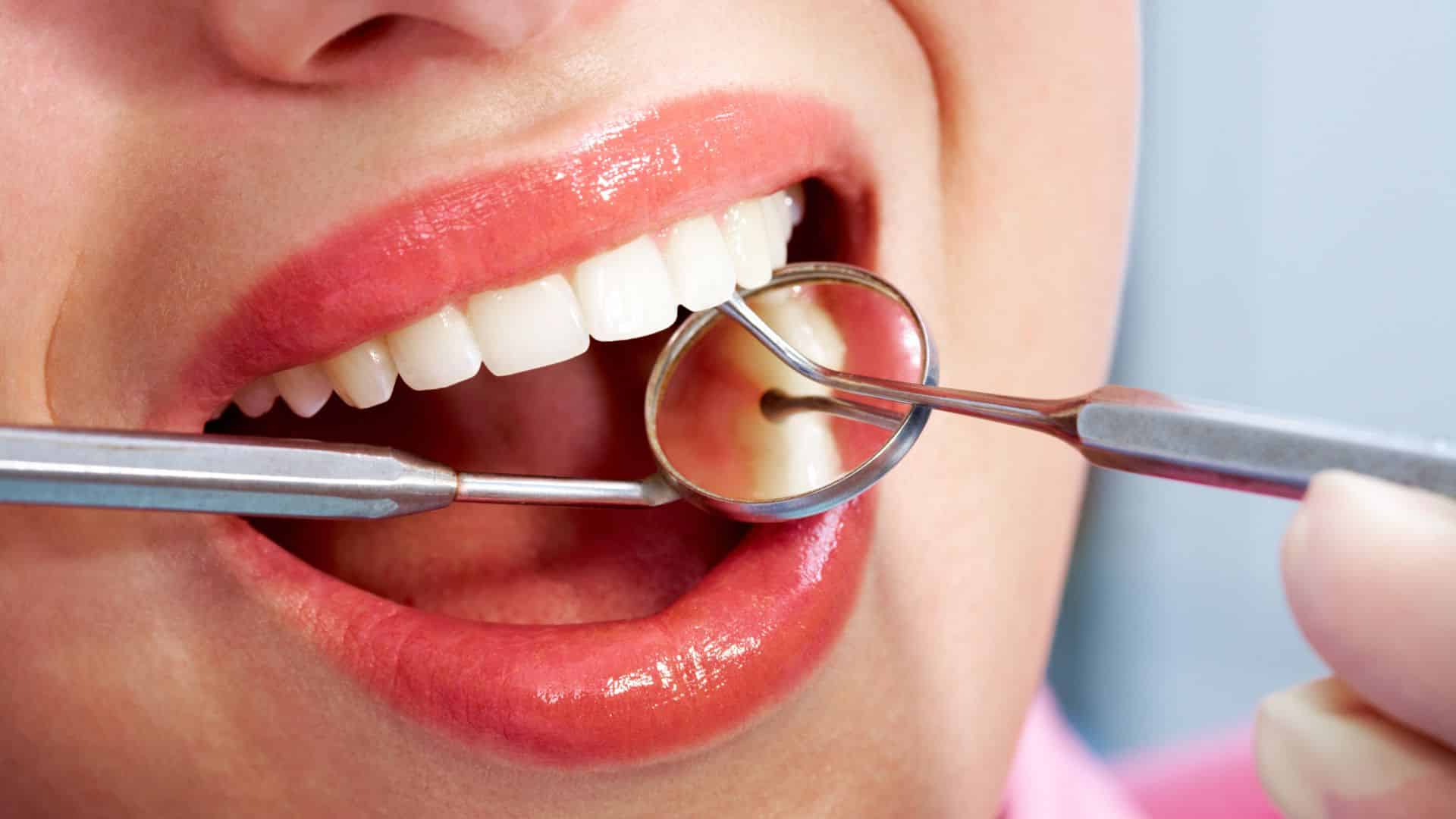
Oral hygiene is important for people of all ages to maintain a healthy and strong mouth. Many people are unaware of the different types of oral hygiene practices that may be needed for different age groups. People over the age of 65, however, may require special attention due to any changes in their teeth, gums, and saliva production that can occur with age. In this article, we will discuss the different types of oral hygiene practices and dental care that are important for people of different ages.
1. Oral Hygiene for Infants and Toddlers (0-4 Years)
Oral hygiene for infants can start even before their first tooth emerges at around six months old. It is important to start cleaning your baby’s mouth with a damp cloth or gauze after each feeding and wiping their gums even if they don’t have any teeth yet. After their first tooth erupts, it is recommended to brush the tooth twice daily using a soft bristled baby toothbrush and water. You should avoid using toothpaste until they turn two years old.
Visit the Dentist Early
It is highly recommended to take your infant or toddler for their first dental visit before their first birthday. This early dental appointment will allow the dentist to assess your child’s oral health needs and help them get used to visiting the dentist.
Prevent Tooth Decay
It is important to limit the amount of sugary snacks and drinks that your baby consumes as this can cause tooth decay. Keeping up with a regular brushing routine and avoiding giving your child a bottle while they’re sleeping can help prevent dental problems in the future.
Keep an Eye on Your Child’s Teeth
It is important to keep an eye on your child’s teeth and gums for any signs of decay or other dental problems. It can be helpful to take pictures of their mouth at each dentist appointment so you can monitor any changes in their oral health.
2. Oral Hygiene for Children (5-12 Years)
For children between the ages of five and twelve, it is important to get into a good oral hygiene routine. This includes brushing their teeth twice daily with fluoride toothpaste and flossing once a day to remove any food particles stuck between the teeth. It is also important to limit the amount of sugary snacks and drinks as this can cause cavities.
Supervise Brushing and Flossing
It is important to supervise your child’s brushing and flossing routine until they are able to do so properly on their own. This will ensure that all areas of the mouth are being cleaned properly.
Monitor Dental Habits
It is important to monitor any changes in your child’s dental habits as they can indicate a need for more attention from the dentist or hygienist. If your child starts grinding their teeth, has bad breath, or notices any sensitivity when eating hot or cold foods, they should be taken to the dentist for an evaluation.
Take them to the Dentist Regularly
It is important to take your child to the dentist every six months or as recommended by their dentist. This will allow the dentist to monitor your child’s oral health and make sure that any problems are caught and treated early.
3. Oral Hygiene for Teenagers (13-18 Years)
Teenagers need to keep up with a good oral hygiene routine as their teeth are still growing and developing at this age. They should continue to brush their teeth twice daily with fluoride toothpaste and floss once a day. It is also important to monitor what they are eating and drinking as sugary snacks and drinks can cause cavities.
Monitor Oral Hygiene Habits
It is important to monitor your teenager’s oral hygiene habits to make sure they are brushing their teeth properly and flossing regularly. If needed, you can use a timer to help them keep track of how long they’re brushing their teeth.
Encourage Healthy Eating Habits
It is important to encourage healthy eating habits with your teenager as this can prevent cavities and other dental problems. Limit the amount of sugary snacks and drinks that are consumed and make sure to include foods that are high in fiber, vitamins and minerals to help keep their teeth strong.
Visit the Dentist Regularly
It is important for teenagers to visit the dentist every six months or as recommended by their dentist. This will allow the dentist to monitor your teenager’s oral health and make sure that any problems are caught and treated early.
4. Oral Hygiene for Adults (18+ Years)
For adults, it is important to keep up with a good oral hygiene routine. This includes brushing their teeth twice daily with fluoride toothpaste and flossing once a day to remove any food particles stuck between the teeth. It is also important to limit the amount of sugary snacks and drinks as this can cause cavities.
Monitor Oral Hygiene Habits
It is important to monitor your oral hygiene habits to make sure you are brushing your teeth properly and flossing regularly. If needed, you can use a timer to help you keep track of how long you’re brushing your teeth.
Encourage Healthy Eating Habits
It is important to encourage healthy eating habits as this can prevent cavities and other dental problems. Limit the amount of sugary snacks and drinks that are consumed and make sure to include foods that are high in fiber, vitamins and minerals to help keep your teeth strong.
Visit the Dentist Regularly
It is important for adults to visit the dentist every six months or as recommended by their dentist. This will allow the dentist to monitor your oral health and make sure that any problems are caught and treated early.
Oral hygiene is an important aspect of overall health, regardless of age. It is important to establish a good oral hygiene routine and visit your local dentist regularly to ensure your dental health remains in top condition. Taking care of your teeth now will help prevent any problems from occurring later in life.




